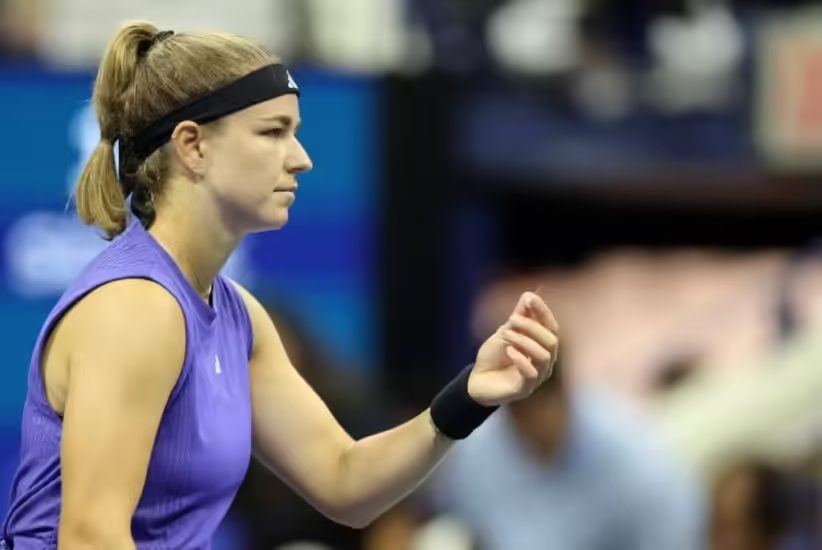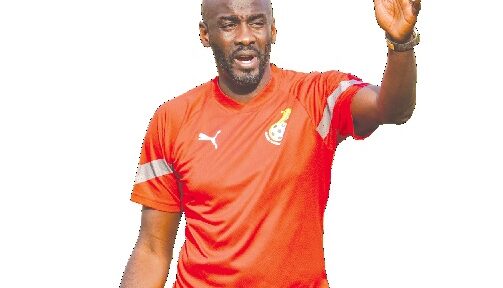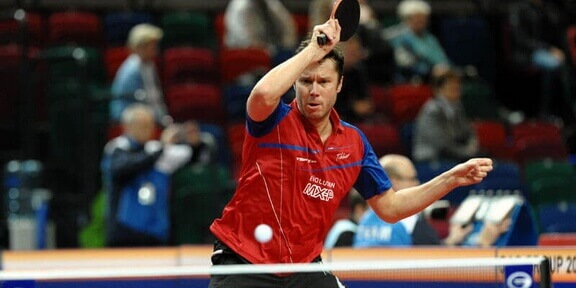The first time the crowd fell silent was the second time Naomi Osaka had a chance to break Karolina Muchova’s serve.
As she had done all match, Muchova shut the door. So Osaka broke it down, in a sequence of shoe-squeaking footwork and topspin, pulling the Czech, one of the hardest players to outmaneuver on the tour, to places on Arthur Ashe Stadium she didn’t want to be.
Muchova, a finalist in 2023, was unruffled. She calmly restored the order that she had instilled for the previous 85 minutes, immediately breaking Osaka back, aided by a string of forehand unforced errors. Fifteen minutes, two routine holds and a tiebreak later, the headline match of the U.S. Open so far, if not it’s best, had its victor, as Muchova triumphed 6-3, 7-6(5).
Osaka, the wildcard with the gravitational pull of a tennis superstar, was herself only in fits and starts, as Muchova’s silken net game and use of off-speed slice neutralised the easy power she generates like few on the WTA Tour. Unforced errors came in threes, rather than spread apart. But it was Muchova’s aggression, especially behind her serve, that was the difference, barely giving the two-time U.S. champion an opportunity to impose herself on the match.
A murmur travelled around the stadium for the duration, punctuated by light displays and pounding music befitting a concert, as the tournament celebrated Pride Day. Muchova and Osaka met the occasion with their tennis. The former’s dexterity, and all-court game, asked Osaka questions she didn’t have to answer in the previous round against Jelena Ostapenko. Osaka could crush her way through that match. Muchova invited her into a contest of ebb and flow, and kept it on her terms.
When she erred, and the crowd fell silent, it was temporary. A forehand passing shot from wide gave her a tiebreak lead that proved beyond Osaka. At 6-5, Osaka earned the right to get to 6-6 with a forehand into the corner. Muchova, as she had done all evening, lifted it back with a flick of the wrist that just a few months ago had been repaired in surgery. Osaka had a routine forehand to put away, but she had just spent an hour-and-a-half seeing balls zooming into the corners come back with interest. The crowd was silent again. It went long, and they roared.
“This year, the biggest win for me is that I can play again,” Muchova said when it was over. Osaka expressed similar feelings after her win over Ostapenko, rem That she and Osaka are both playing again is an even bigger one, for tennis at large.
Credit: The Athletic










